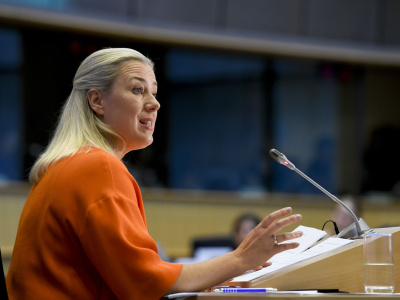
EU-UN cooperation: Confronting change in the multilateral system
This paper looks at the role of the European Union and its member states in the United Nations and at ways to deepen their cooperation in the years to come.
This paper looks at the role of the European Union (EU) and its member states in the United Nations (UN). It examines opportunities for deepening EU-UN cooperation in the years to come, in light of the 2019 reform of the UN development system, and taking into account the EU’s evolving role as a global player.
The multilateral system, with the UN at its core, is changing. The normative uniformity of the post-Cold War international system is fading as its centre of gravity shifts away from the West. The EU remains a stable presence within the UN, but is faced with its own fragmentation which weakens its ability to defend the EU’s agenda for a rules-based multilateral system.
Collectively, the EU and its member states are the single largest financial contributor to the UN system. Yet, the EU struggles to coherently leverage its funding relationship with the UN for greater influence and stronger cooperation. The prospect of improvements in the UN’s in-country architecture can open doors for more effective collaboration on the ground. However, the UN reforms also reveal how funding patterns, including those of EU institutions and member states, help maintain the fragmentation of the UN system.
At the start of a new political cycle, the EU faces critical choices in its external action. The EU’s continued commitment to a ‘rules-based multilateralism’ provides a good basis for its engagement in the UN. It does not, however, alter the EU’s power and influence within the UN. The success of this ambitious agenda will depend on the EU’s capacity to act jointly, on its strategic autonomy, and on its ability to set the tone in both the United Nations General Assembly (UNGA) and United Nations Security Council (UNSC).





